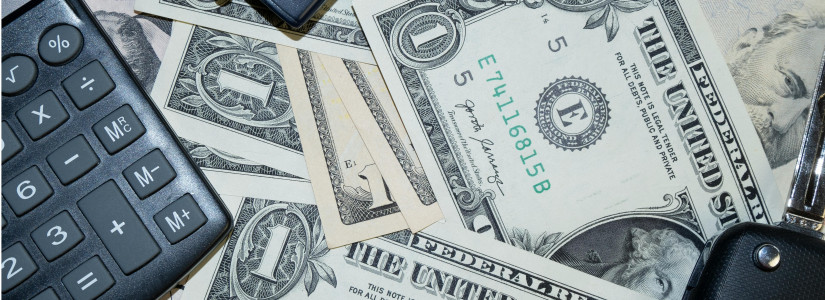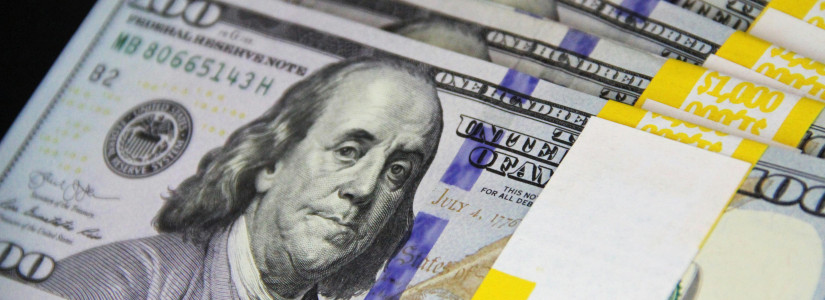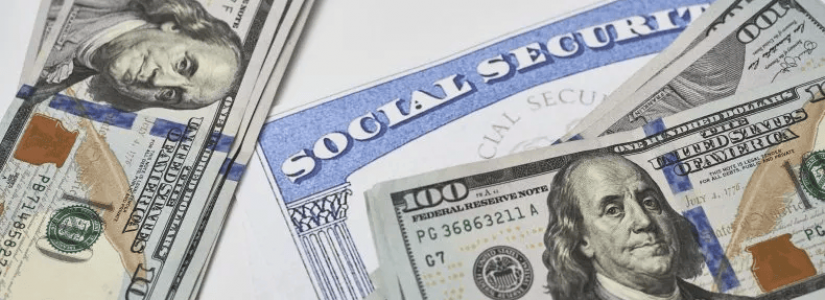Need-To-Know Insights, Guidance, and News to Secure Your Benefits
Find expertly crafted articles, the latest updates, and practical advice here to easily navigate the ever-evolving world of benefits.
TANF March 2026 Payments: Who Qualifies and When Your Cash May Arrive
For many families, Temporary Assistance for Needy Families is a critical source of monthly support. Here’s a clear, no-frills guide to what it covers, who qualifies, and when to expect your March 2...
Social Security Payment Schedule for March 2026: Know Your Exact Pay Date
If you’re receiving monthly retirement benefits from the Social Security Administration, your March 2026 payment will follow a fixed schedule based on your birth date or claim history. Here&rsq...
Social Security and SNAP Payment Schedule for March: Don’t Miss Your Deposit
Millions of Americans receiving benefits from the Social Security Administration and Supplemental Nutrition Assistance Program should take note that March 2026 payments come with a key calenda...
SSI ALERT: Payments Scheduled for February 27, 2026 — Here’s What You Need to Know
The Social Security Administration has officially announced an early SSI payment for March 2026, with funds set to be released on February 27, 2026. Why You’re Getting Paid...
TANF Cash Help: When to Expect Your February 2026 Payment
The Temporary Assistance for Needy Families (TANF) program remains an important source of monthly cash help for families facing financial strain. If your household depends on these payments to manage everyday needs ...
Double SSI Payments in 2026: Complete Schedule and Months Without Deposits
In 2026, many Supplemental Security Income (SSI) recipients will experience double SSI payments in certain months, while other months will have no SSI payment at all. This payment pattern often caus...
SSDI Payment Dates for February 2026: When Disability Benefits Arrive
For millions of Americans receiving Social Security Disability Insurance (SSDI), knowing the exact February 2026 payment date is critical for budgeting rent, utilities, and medical costs. SSDI payments f...
Here’s When Social Security Payments Arrive in February 2026
Social Security benefits are paid on a fixed monthly schedule that helps organize deposits for millions of retirees and disability beneficiaries. In February 2026, most payments will follow the standard Wednesd...
Know Your SSI Payment Dates for February 2026
Supplemental Security Income (SSI) benefits follow a set payment schedule each month. For February 2026, some beneficiaries will receive their payments earlier than usual due to calendar adjustments. Read: Double SSI Pa...









